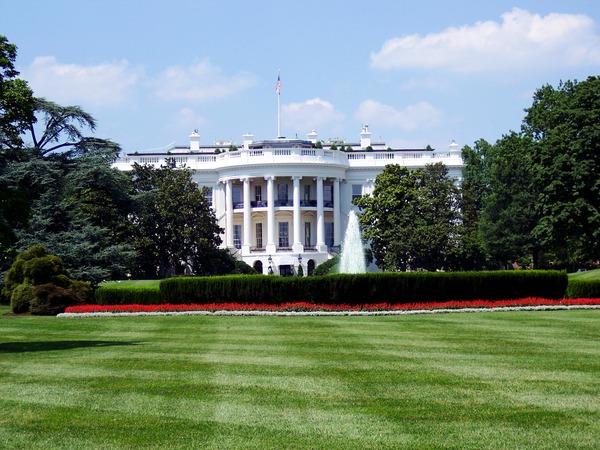The announcement by CBS that it would end “The Late Show with Stephen Colbert” next spring touched off accusations of censorship, calls from lawmakers and a writers’ union for the New York state attorney general to launch an investigation and boasts by the president of the United States that he had destroyed the career of another one of his critics. Fans threatened boycotts of the entire network and any companies that placed ads on its programs.
The cancellation came as a shock because the show ruled the ratings in late-night television. Colbert, the show’s host, is a darling of both critics and audiences, a gifted comedian and entertainer who also happens to be the best non-journalist interviewer and conversationalist on television.
CBS said the move was made for financial reasons and that shutting the show down was no reflection on Colbert or the program itself. The network said it was ending its more than 30-year-old commitment to hosting late-night talk shows because they just don’t make the money they once did.
Critics and skeptics, though, were quick to offer a different explanation. They noted that CBS’ parent company, Paramount Global, was awaiting approval from the federal government for a merger with Skydance Media.
Rumors abound that President Donald Trump was encouraging the feds to delay or hinder the merger because he was displeased with CBS’ coverage of him.
In the skeptics’ view, placating the president was the reason CBS settled an, at best, shaky Trump lawsuit against the network’s revered news program, “60 Minutes,” for $16 million. Those skeptics also noted that Colbert was one of Trump’s most persistent and penetrating critics, a skilled satirist who deftly and routinely punctured the president’s pretentions. Presenting Colbert’s head on a platter, the skeptics argued, was another attempt by Paramount Global to soothe and perhaps even bribe Trump into allowing the merger to proceed.
Trump himself lent credence to the skeptics’ interpretation. He crowed on social media that he’d managed to get Colbert kicked off the air—and blustered that other critics of his soon would meet similar fates.
Maybe.
Trump seems to think that he was the driving force behind Colbert’s announced departure from the air waves.
But it’s wise not to take this president’s pronouncements at face value. He always sees himself as the dominant figure in every story. Astronomy class must have been a horrible disappointment for him—what with its overarching lesson that the planets revolve around the sun, not one Donald J. Trump.
That said, it’s certainly possible that Paramount chose to sacrifice Colbert in order to move the merger along.
One doubts, however, that economics had nothing to do with the decision.
If Colbert’s show had been making CBS and Paramount massive sums of money, the network likely would have looked for some other lamb to offer the petulant president.
But it isn’t making massive sums. In fact, some reports say the show had racked up $40 million losses in recent years.
That’s not Colbert’s fault.
The new reality of media is that more choices mean much more fragmented audiences across a much wider range of platforms.
The days when Johnny Carson was NBC’s cash cow and thus could leverage that network into any concession are long over.
These smaller, less cohesive audiences mean that any news outlet, journalist or, yes, late-night talk-show host has less protection against the animosities of a thin-skinned would-be autocrat who happens to be president. The reason newspapers and networks could stand up to politicians with authoritarian impulses is that they had a lot of people standing with them—and those people provided money journalists and hosts could use to defend themselves.
Trump is savvy enough to know that these smaller margins make anyone who criticizes him more vulnerable to economic pressure—and he’s unscrupulous enough to wield that pressure.
Both news organizations and entertainment outlets have spent a lot of time and energy exploring the ways new technology allows them to reach more carefully targeted audiences.
They haven’t devoted nearly enough attention, though, to figuring out a new business model that, among other things, will give them the wherewithal to meet threats to their existence.
Stephen Colbert’s fall shows that it’s about time to start focusing on that particular problem.









